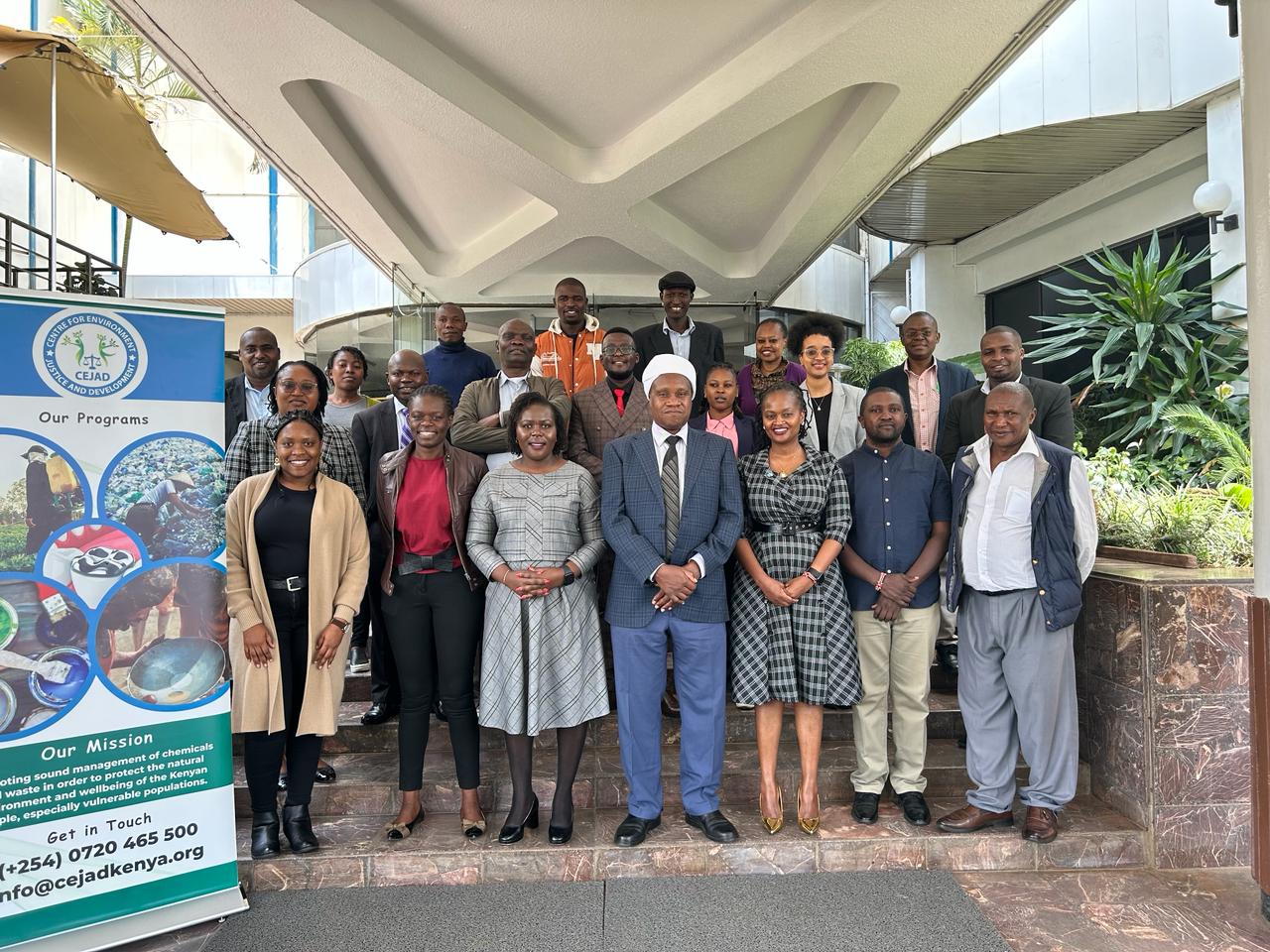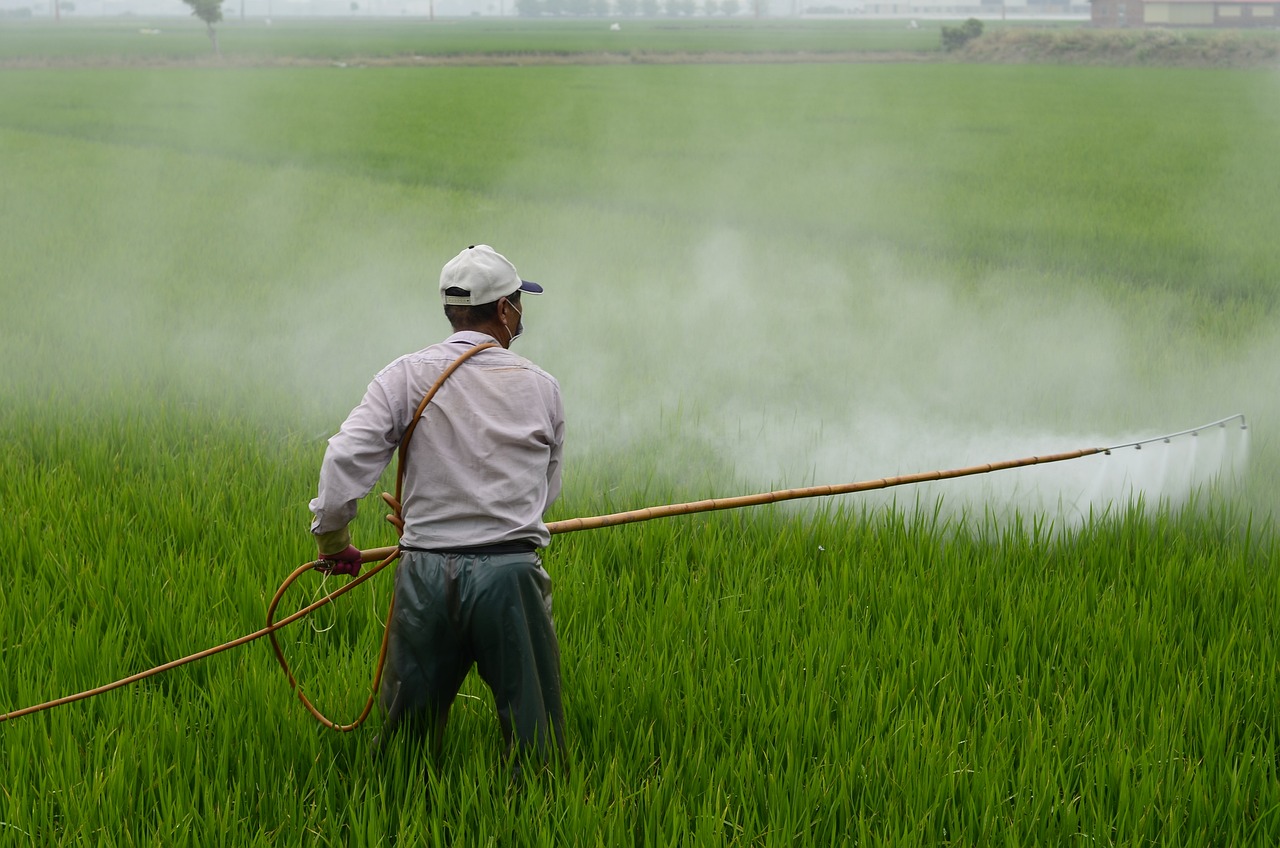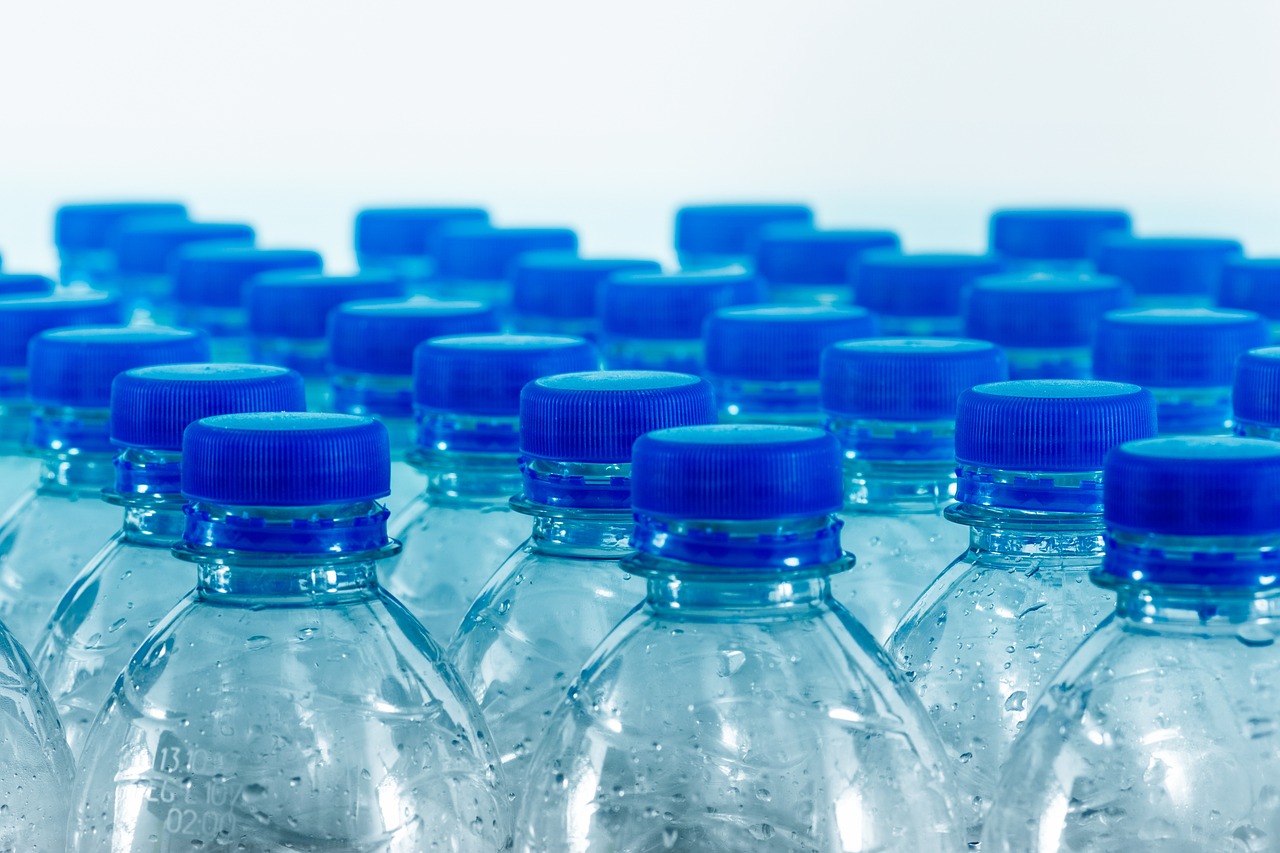Ahead of the 4th session of the International Negations Committee (INC4) in Ottawa Canada, we collaborated with the ministry of the Ministry of Environment, Climate Change and Forestry to co-convene Kenya Plastics Technical Working Group. The goal of the meeting was to deliberate our position on the plastic treaty negotiations by having a unified voice guided by our priorities and needs as a country.
Articles | news
End Plastic Pollution Technical Work Group
Ahead of the 4th session of the International Negotiations Committee (INC4) in Ottawa, Canada, we collaborated with the Ministry of Environment, Climate Change, and Forestry to co-convene the Kenya Plastics Technical Working Group. The meeting aimed to unify Kenya's position on plastic treaty negotiations based on national priorities and needs

More programs

Our work under the Mercury Elimination Program aims to protect human health and the environment from anthropogenic emissions and releases of mercury and mercury compounds, in line with the Minamata Convention on Mercury, a legally binding global treaty adopted in 2013. Kenya is a party to the Minamata Convention.

Under this program, CEJAD aims to eliminate the risk posed by exposure to lead in paints to women and children, and improve the regulatory frameworks to phase out lead in paint at national, regional and international level.

Our work under this program aims to promote the phase out of Highly Hazardous Pesticides (HHPs) from use, especially in agriculture to protect human health and the environment. The use of HHPs is threatening the lives of vulnerable populations, food systems, biodiversity and the environment at large.

The Montreal Protocol, adopted in 1987, protects the ozone layer by regulating ozone-depleting substances (ODS), such as chlorofluorocarbons (CFCs) and hydrochlorofluorocarbons (HCFCs). It mandates the phase-out of CFC and HCFC production and consumption with specific timeframes for different Parties, based on their status as a developed or developing country.

Our work under this program aims to reduce the health and environmental impacts associated with waste and plastics throughout their life cycle. Over the years, plastic and plastic products have emerged as problematic and hazardous to human health and the environment.

